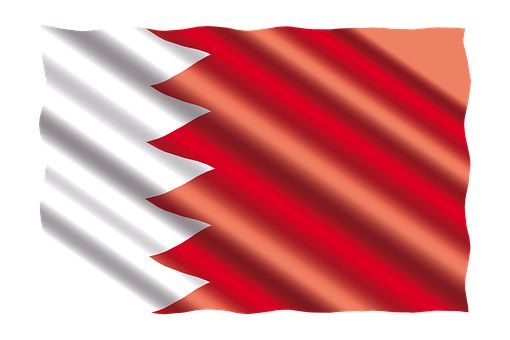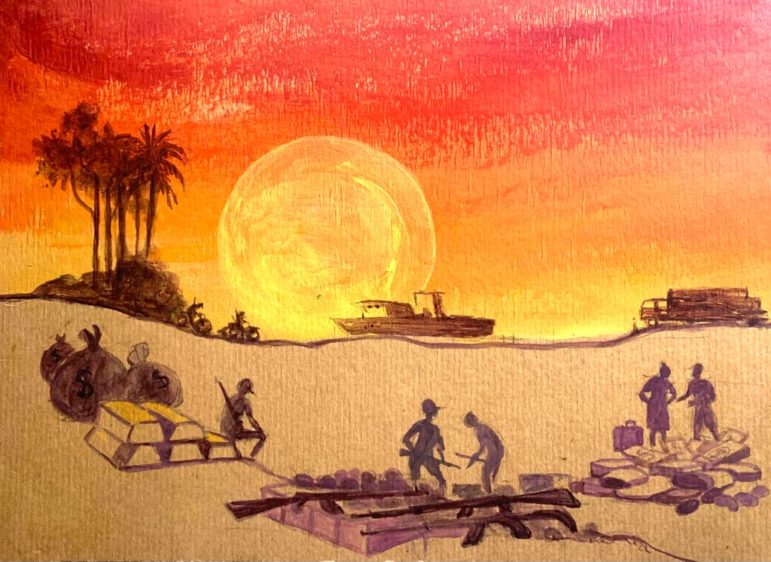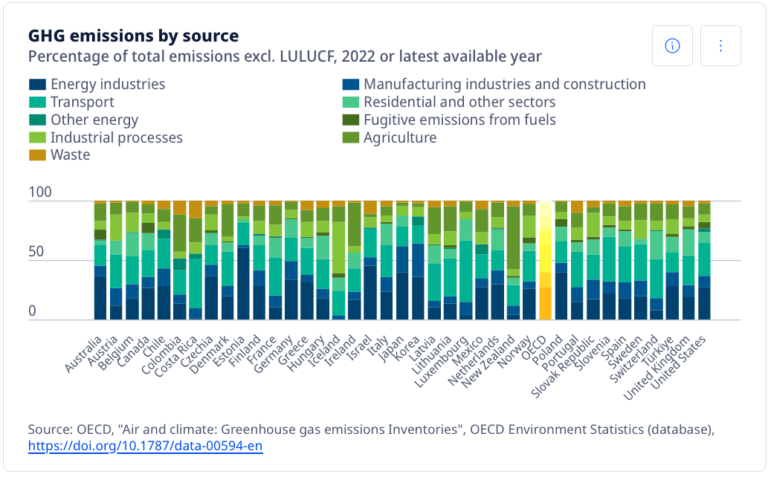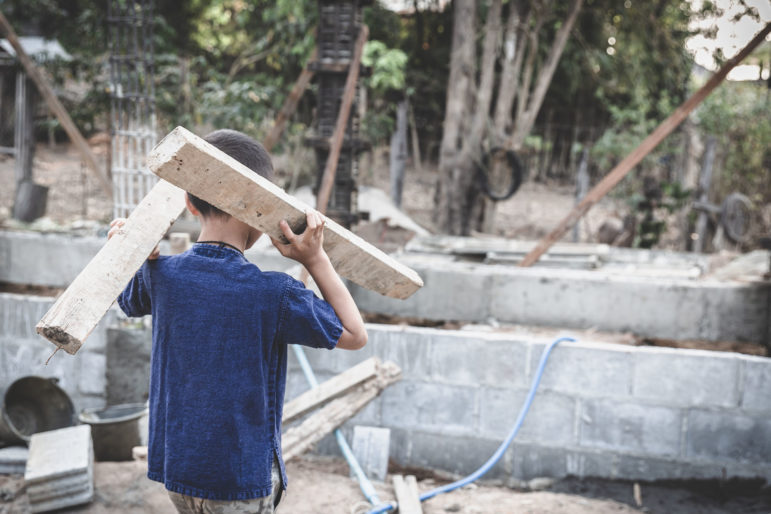

Tips for Working in Bahrain
Full guide here. العربية | বাংলা
 Media Environment
Media Environment
The Bahraini constitution guarantees freedom of expression and the press, excluding opinions that undermine the fundamental beliefs of Islam or the “unity of the people” and those that promote “discord or sectarianism.” However, the Law of Press, Printing and Publishing of 2002 is used to restrict free speech.; Law 47/2002 includes 17 categories of offenses, three of which allow for prison sentences.
The freedom of expression climate in Bahrain has changed significantly since 2011, when protests influenced by the “Arab Spring” started taking place. The Bahraini authorities responded by prosecuting journalists and critics that covered political events or reflected the voices of protesters and voices of dissent. In 2017, Bahraini authorities arrested, summoned and took legal actions against individuals who criticized the Chamber of Commerce, members of Parliament, the Ministry of Information Affairs, the Council of Representatives, the rule of law, historical religious figures and the Bahraini king.
After the suspension of the Arabic daily newspaper Alwasat by the authorities, there have been no independent daily media newspapers in Bahrain. All existing newspapers, radio and television stations broadcast official views or practice self-censorship in covering news.
Foreign correspondents must obtain a license to be renewed every year. This license can be revoked for publishing news that involves “exaggeration, fabrication, deception or distortion.”
Reporting on Migration Issues
There are no clear rules to anticipate whether you might be targeted for reporting on trafficking topics in Bahrain. It depends on the mood of the official seeing your story. Usually authorities are easy going about non-political issues, unless it affects a high profile person.
Regardless, you’ll need to prepare a comprehensive plan before attempting your investigation, taking into consideration the current political scene, a digital security plan, escape routes, backing up data and media, finding sources and organizing interviews. Here are some additional recommendations:
- Research the possibility of surveillance and plan for a secure way to communicate with the individuals you will meet and those who you will exchange files with.
- Monitor how media outlets in Bahrain cover the topic you want to write about and try to connect with journalists who have written stories about migrant workers and seek their advice.
- Demonstrations and protests are a regular occurrence in Bahrain. Avoid going to political events as photographers and journalists have been attacked, arrested, interrogated or had their equipment confiscated.
Finding and Pursuing Stories
Finding migrant workers willing to speak to the press can be done through different ways.
NGOs
- Migrant Workers Protection Society
- The General Federation of Workers Trade Unions in Bahrain
- Bahrain Center for Human Rights
Government
- Labour Market Regulatory Authority and social media accounts.
- National Committee on Combating Trafficking in Persons. Committee members are appointed by the Minister of Foreign Affairs; two members of the committee are from Bahrain’s civil society and can be easier to approach than other government officials.
- Ministry of Labor and Social Development
- Police Department of the Ministry of the Interior
- Ministry of Justice and Islamic Affairs
- Public Prosecutor’s Office
- Dar Al Aman Shelter and Child Protection Center
Embassies of Origin Countries
Other Suggestions
- Going to Bab el-Bahrain Souk on Fridays. This local market in the capital city is where many migrants workers enjoy their day off.
- Lawyers that deal with labor disputes for migrant workers in court can be helpful. The website of the US embassy in Bahrain provides a list of all lawyers, along with their area of practice and contact information.
Interviews and Meetings
Government
There are no clear rules on the best method to approach a government official, but it’s better to understand the hierarchical structure in his/her department and go through the right channels.
You will be asked to send an official request through fax or email explaining the reasons why you want to book a meeting, the nature of your work and the organization you represent. Try to book the meeting at least three months in advance, and expect a delay in hearing back and getting a confirmation due to bureaucratic processes. During that time keep following up to ensure that the meeting is booked and confirmed.
It is common to hear the phrase “we didn’t get your email or your fax” even if you sent it to the right address. Government websites are not updated regularly so it’s better to call the department and ask about their preferred method of communication, and to make sure to get a confirmation about receiving your letter.
Keep in mind that officials like to meet with journalists if they think that the story will highlight the achievement of their department. If they get the impression the story might be critical of the government in any way, you might hear the word “inshallah” — “if God willed”– as a response to your questions about the meeting. This can be a diplomatic way of refusing your request for a meeting.
If you do get the meeting, show up on time but don’t get frustrated if there is a delay, or if you notice that there are many interruptions during the meeting with staff coming in asking for signatures or phone calls being answered. It’s not a sign of disrespect, but Bahrainis are usually relaxed, easy going and not strict about time.
Migrant Workers
Following are some tips when planning to meeting with migrant workers:
- Have the interviewees selected by a spokesperson or community leader.
- Meet three or four workers, maximum, at a time. Meeting more could attract attention.
- Always protect your sources and their anonymity.
- If an issue is particularly sensitive, avoid having your name appear on reports or publish with a non-local media group.
- The location of the meeting can be a local coffee shop mostly visited by migrant workers (such as Indian delis in Manama souq). Avoid fancy places if you want to keep a low profile.
- In labor camps, spend as little time as possible before someone gets scared — which happens most of the time — and reports your visit to the guards who will alert top management. The time frame also needs to be cut shorter if you’re a female reporter in all male accommodation as it might attract more attention. If you have to use cameras into the camps, it’s best to have a clear idea of what exactly needs to be photographed and go straight for those without wasting time.
Recommended Reading
Forced Labor and Human Trafficking
- Migrant Worker Abuse in Bahrain and the Government Reform Agenda (EN)
- Bahraini Anti-trafficking Law Incapable of Protecting Domestic Workers (EN)
- Living as Commodities: Human and Sex trafficking in the GCC (EN)
- Bahraini Officials Use Free Market Economy to Justify Lack of Minimum Wage(EN)
- Bahrain’s “Third Millennium Slavery” (EN)
- Bahrain’s National Referral Mechanism (AR)
- Wasted Rights (AR)









